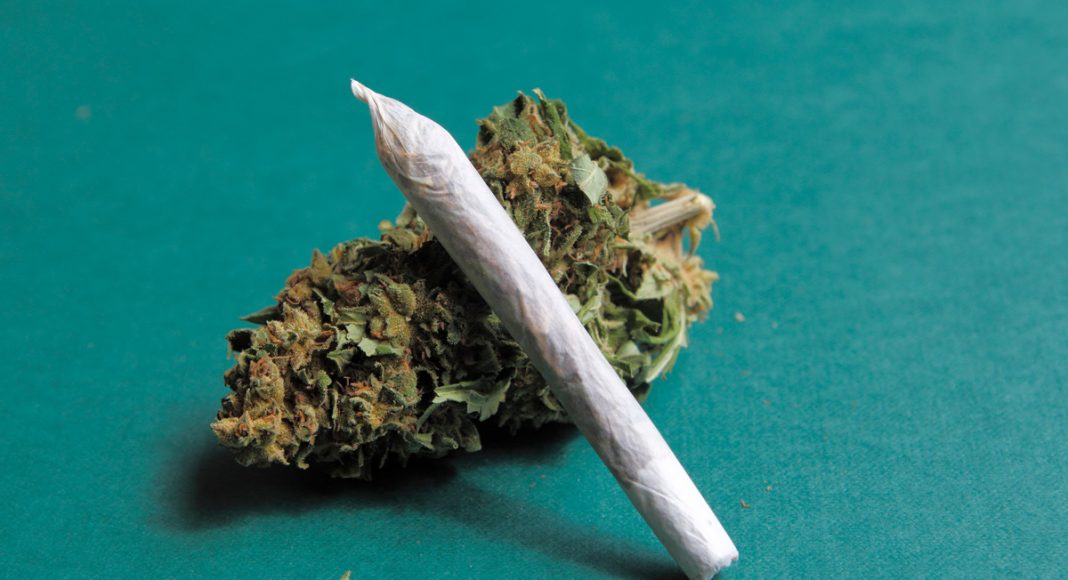New research shows recreational marijuana laws reduce annual opioid deaths by 20-35%.
An ongoing conversation in research literature this summer is determining what effect exactly does marijuana legalization have on the opioid crisis. The narrative that medical cannabis could be the savior from an opioid epidemic raging across the country began with a 2014 study published in JAMA Internal Medicine. Using data from the 10 states that had legalized medical marijuana at the time, researchers found opioid overdoes reduced by around 25% when medical cannabis was available.
This narrative, often touted by cannabis advocates and marijuana-friendly politicians alike, gained momentum and remained unchallenged for several years. However, a few studies published earlier this summer have poked significant holes in the idea medical cannabis could thwart opioid overdoses and addiction.
RELATED: Cannabis: Misinformation About CBD Can Be Life-Threatening
A study published in June in the Proceedings of the National Academy of Sciences replicated the 2014 study’s experiment, but expanded it to include the 33 states that have legalized medical marijuana. The results flipped the 2014 study on its head. Instead of reducing opioid overdoses, states with medical cannabis laws were now associated with a 23% increase in overdoses. Even when accounting for the differing medical marijuana laws in these states, the results still held.
Another study from Columbia University researchers corroborated that medical marijuana wasn’t the savior that was promised. Published in JAMA Network Open, scientists found that while medical marijuana use was up for prescription opioid patients, it was supplementing, not replacing, their opioid medications.
In each of those recent studies, the scientists called for further research to disentangle how marijuana laws could positively impact the opioid crisis. A new Economic Inquiry study published this month may provide the beginnings of an answer.
While the “research corroborates prior findings on [medical marijuana laws],” write the scientists, the study offers “the first causal estimates of [how recreational marijuana laws] impacts on opioid mortality to date.” According to the investigators, legalization and access to recreational cannabis provided a 20-35% reduction in annual opioid mortality. The effects were even more pronounced on synthetic opioid overdoses.
RELATED: Bernie Sanders Tells Joe Rogan He’ll Legalize Marijuana If President
“Recreational marijuana laws affect a much larger population than medical marijuana laws, yet we know relatively little about their effects.” co-author Nathan W. Chan said in a statement. “Focusing on the recent wave of recreational marijuana laws in the U.S., we find that opioid mortality rates drop when recreational marijuana becomes widely available via dispensaries.”
Though more extensive research is necessary, this study sheds important light on the conversation, as the opioid epidemic ravages the country.


